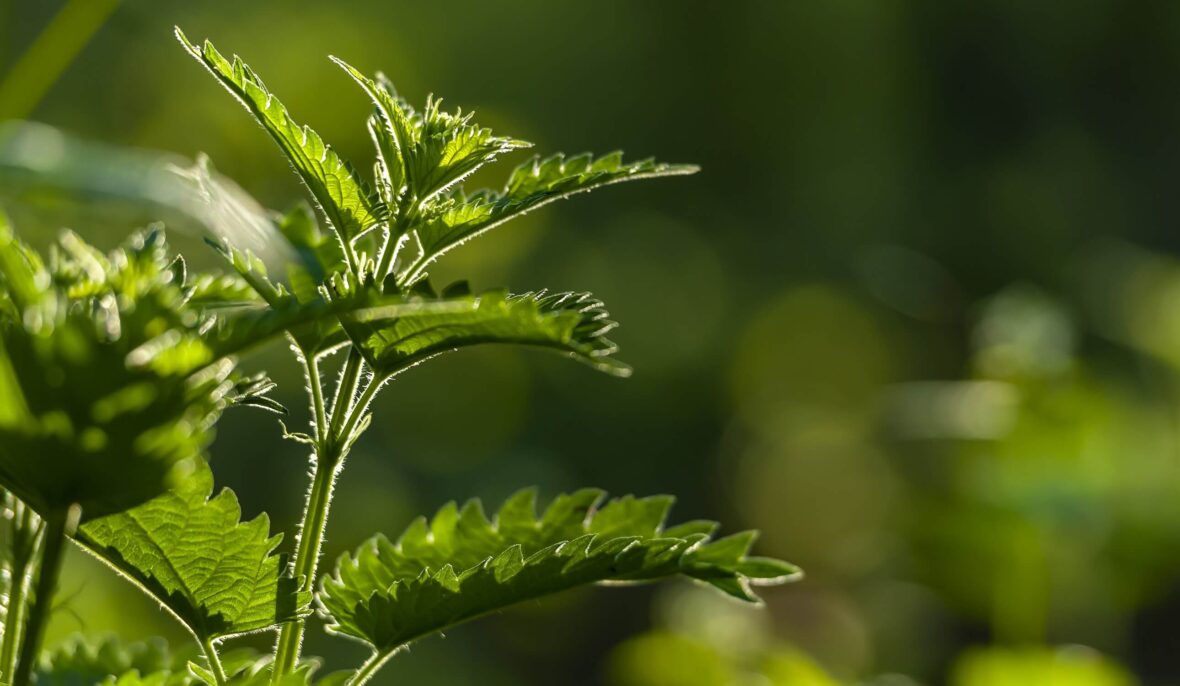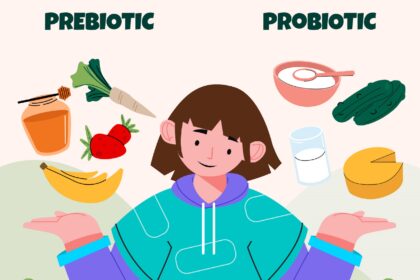Most of you like sweet dishes and beverages. Stevia a natural sweetener. Initially these were made either by using granular sugar, or it’s alternatives like cyclamate, Saccharin, aspartame etc., but many of these alternatives had controversies to the health issues, and they found factual health concerns. Therefore, most of them are banned in many countries. In today’s world, everyone is looking for safe and healthy alternative of granular sugar to stay fit and smart. Many researchers found Stevia is the best alternative of granular sugar, and it has many health benefits too.
This article will review about Stevia, and its benefits to your health.
What is Stevia?
Stevia is a natural sweetener and sugar substitute, which extract from the leaves of the herb plant called Stevia rebaudiana. It is also known as candy leaf, honey leaf or sweet leaf. Steviol glycoside is the main compound in stevia to be considered as sweet.
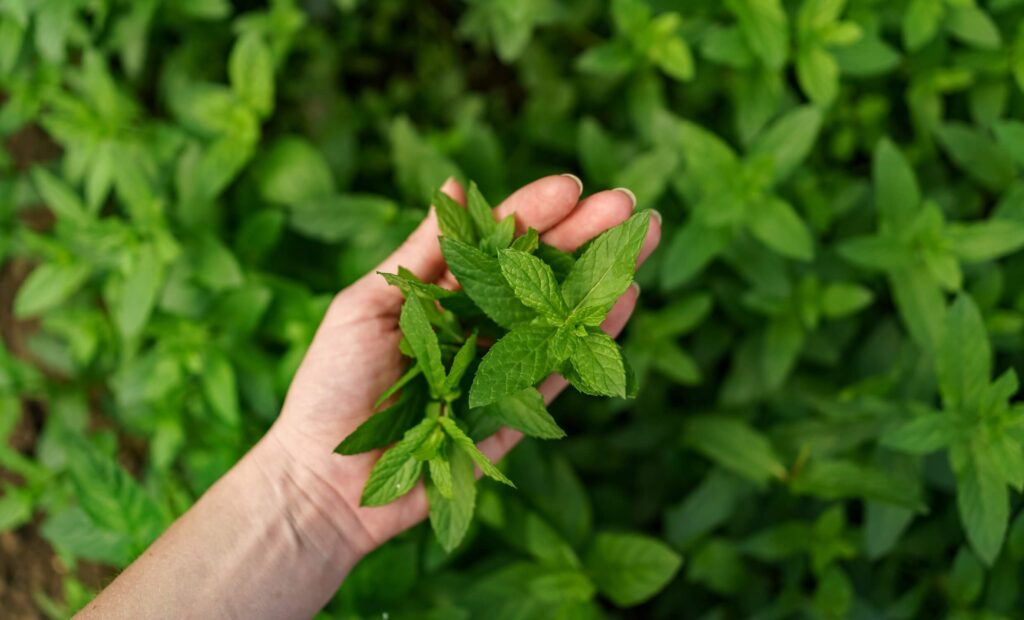
Why stevia is so popular worldwide?
Stevia has about 200-300 times the sweetness of granular sugar, and contains zero calorie. Stevia is considered as heat stable and do not breakdown in toxic compound in extreme heat. Firstly its taste is slower but remains for longer duration as compare to granular sugar. Stevia is a natural sweetener, and is used for food additive or dietary supplement depends upon various countries.
It has been used as a sweetener in Japan for decades in their foods and beverages. Whereas, US permitted extracts of high purity stevia glycoside considered safe and allowed for their food products since 2008, and Stevia additives has been approved by European Union in 2011. Stevia leaves are used traditionally to sweeten teas, and medicines in some countries like Brazil & Paraguay. Now it is widely used worldwide in foods and beverages due to its health benefits and a natural sweetener substitute of granular sugar.
The artificial sweetener is extract from the leaves of a stevia plant, and it is processed before it gets to you. The process involves first harvesting stevia leaves, dried, steeped in hot water, then the liquid is filtered and spun to make an extract called Steviol Glycosides. It is blended with number of additives to reduce its intense sweetness and then uses in your foods.
Which is better Stevia a natural sweetener or Sugar?
Many studies have found that the Stevia could be the best option, and good for health as compare to granular sugar. See below comparison of their substances:
- Granular sugar – [per teaspoon (4.2 grams)] containing calories 16, protein, fat, & fiber – 0 gram, carbohydrate 4 grams, & sugar 4 grams.
- Stevia – [per 1 gram packet] containing calories, protein, fat, fiber – 0 gram, carbohydrate – 1 gram, & sugar 1 gram.
It clearly shows that the stevia has zero calorie, and no harmful substance to your health. Many research found that one kg of granular sugar is equal to 40-50 gram of stevia.
Why Stevia is beneficial to Health?
Stevia has been considered best alternative to sucrose, zero calorie substance and has natural sweetener, furthermore it has potential health benefits. Some studies have found that stevia has many properties like anti-viral, anti-tumor, anti-bacterial, anti-fungal, anti-hypertensive, anti-HIV, anti-inflammatory, improve energy level & immune system, boost digestion and reduce gases.
Here below more health benefits of stevia a natural sweetener:
1. Diabetes – Researchers have found that the stevia sweetness does not contain calorie and carbohydrates to the diet, and showed significant less effect on blood glucose, blood pressure, body weight, and improvement in insulin sensitivity, glucose metabolize ability however diabetes patients can eat variety of foods.
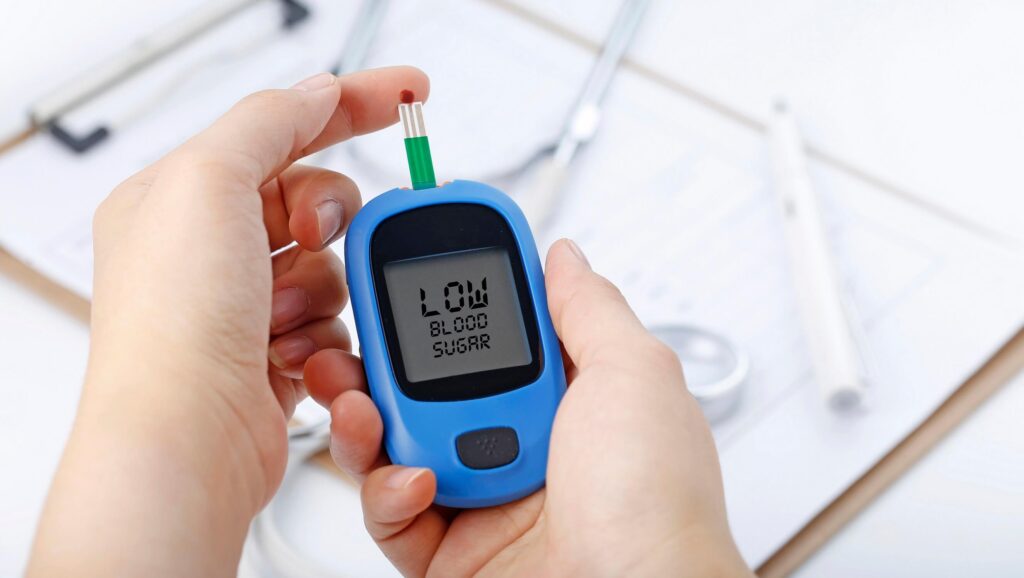
2. Weight management – Intake of granular sugar increases the calories and reduced control of blood glucose levels, this contributes to overweight and obesity. Since stevia contains no sugar, no calories, however it can be best option to maintain balance diet to your health and also to maintain body weight.
3. Pancreatic cancer – Researcher has found that stevia contains kaempferol compound, which can be helpful to reduce the risk of pancreatic cancer.
4. Blood pressure – According to available research, stevia is good for hypertension patient, and it can lower blood pressure.
5. Children foods – Stevia sweetener added to children food and beverages without adding calories, however they are not at risk of dental problems like cavities.
6. Women health – Several studies have shown that stevia sweetener are safe and beneficial for pregnant and breastfeeding women, if they consume as per their doctor’s advice.
7. Beneficial to liver and kidney – Some studies have shown amazing stevia benefits to you, like the enzyme of liver and kidney have improved their activities, it means stevia is very useful to liver and kidney function.
8. Beneficial to hairs – Stevia is found very useful for hairs problems, like dandruff, dry scalp, dryness. Using stevia drops with shampoo while washing hairs, it will ease off hair problems.
What are uses of Stevia?
Stevia is generally considered safe to all age people. According to FDA, the acceptable daily intake is 4 mg per kg of body weight, or 12 mg of high purity stevia extracts per kg of body weight per day.
Stevia tea is very effective in controlling blood pressure, daily intake in the morning & night will be useful. For weight management people, intake of 8-10 drops of stevia mix with hot or cold water can reduce body weight.
Stevia is available in many forms in the market, like stevia leaves, stevia extracts, and liquid concentration.
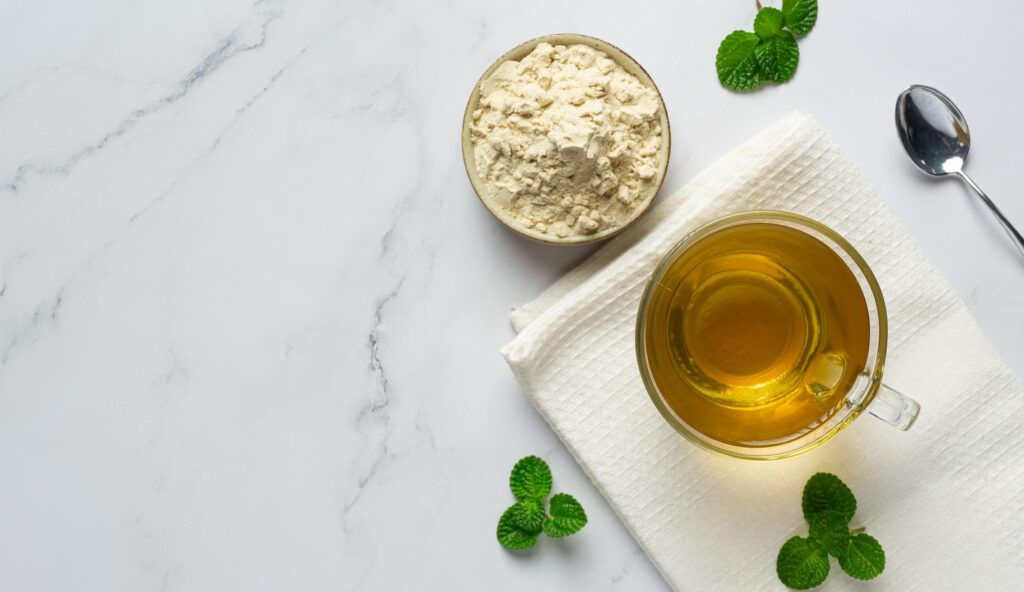
Is stevia safe to consume?
It is generally accepted that stevia can be consumed safely for the majority of individuals, as long as it is consumed within the recommended daily intake limits. The United States and European Food Safety Authorities (EFSA) have assessed and approved the use of the sweet compound steviol in food products. However, it is possible that certain individuals may experience mild digestive issues or an unpleasant aftertaste. Therefore, it is recommended that stevia be consumed in moderation and that individuals with underlying health conditions consult a healthcare professional should they have any concerns regarding its consumption.
Conclusion:
If someone is addicted to sweet or sweet dishes, and wishes to replace the granular sugar, stevia is the best alternatives due to its many health benefits, like zero calorie, doesn’t promote cavities, steady energy, balances blood sugars, lower blood pressure, and antibacterial etc. As on to date, stevia has been certified and approved by all the major food authorities worldwide.
In conclusion, you will find that stevia is the best alternative to the granular sugar without compromising your health issues. In other words, you should give priority to your health to stay fit and healthy to live long life, and include stevia products in your diet.
FAQ
What is stevia and where does it come from?
Stevia is a naturally occurring sweetener found in the leaves of the South American plant, the stevia rebaudiana. Originating in Paraguay and Brazil, the plant has been used by indigenous populations for centuries to sweeten food and beverages. The sweetening properties of stevia are derived primarily from its natural compounds, known as glycosides, derived from the leaves. These glycosides are used as a substitute for sugar in a variety of food and beverage products around the world.
Is stevia a natural sweetener?
Yes, there really is a natural sweetener called stevia. It’s made from the leaves of a plant called stevia rebaudiana, which is found in South America. The leaves extract the compounds that make stevia sweet, called steviol glycosides. It’s a plant-based sweetener that’s zero-calorie and has become popular as a healthier way to replace sugar.
How is stevia used as a sugar substitute?
Stevia can be used as a sweetener in a variety of ways. It is available in powdered, liquid or granulated form, making it suitable for a variety of culinary uses. People often use stevia as a sweetener to sweeten beverages such as tea or coffee. Additionally, stevia is often used in baking and cooking, where it can be used to reduce the sugar content while keeping the sweetness. Stevia is a popular choice for people who want to reduce their calorie intake and sugar intake while enjoying the benefits of a plant-based, natural sweetener.
What are the health benefits of stevia?
There are several health benefits to using stevia. First, stevia is a zero calorie sweetener, so it can help you reduce your calorie and sugar intake.
This can help you lose weight and keep your blood sugar levels in check.
Second, stevia has been shown to have anti-inflammatory and antioxidant properties, although research is still in its early stages.
Third, stevia does not raise blood sugar, so it may be a good choice for people with diabetes or those trying to keep their blood sugar levels stable. However, it’s important to remember that stevia should only be used in moderation and only as part of a healthy diet.
Does stevia affect blood sugar levels?
The effects of stevia on blood sugar levels are not statistically significant. This makes stevia a popular option for diabetics or those seeking to regulate their blood sugar levels while still enjoying a sweet flavor without the negative effects of sugar. Stevia is a natural sweetener obtained from the stevia leaves of the plant. It does not contain any sugars or carbohydrates that can cause blood glucose levels to rise.
Are there any side effects of stevia?
In general, stevia is safe for the vast majority of people, as long as they consume it in moderation. However, some people may experience mild gastrointestinal reactions, such as bloating, gurgling, or diarrhoea, especially when consuming stevia in large amounts. A small number of people may experience a mild aftertaste when using stevia-containing products. It is important to consume stevia only within the recommended daily limits. If you have any concerns about the consumption of stevia, particularly if you experience adverse reactions, it is important to consult with a healthcare professional.
How does stevia compare to other artificial sweeteners like aspartame or saccharin?
When it comes to stevia vs. aspartame vs. saccharin, there are a few things to keep in mind. Stevia is a natural sweetener that’s extracted from the stevia plant, whereas saccharin and aspartame are synthetic. Stevia has no calories, so it’s a great choice for people who want to cut down on calories and sugar, especially those with diabetes.
Aspartame, on the other hand, has calories, but they’re used in small amounts and may not have a big effect on your blood sugar. Also, stevia has a slightly different taste than saccharin, so some people may find it better or worse depending on their taste. Some people may notice a slight aftertaste with some stevia products, but that’s to be expected. Ultimately, it depends on your dietary goals, taste, and how it affects your overall health.
Reference used:
https://en.wikipedia.org/wiki/Stevia
https://www.medicalnewstoday.com/articles/287251#_noHeaderPrefixedContent
https://www.healthline.com/health/food-nutrition/stevia-side-effects


